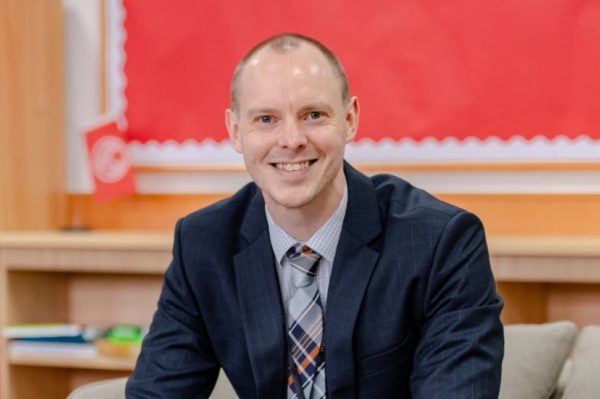Brain Curd
Housemaster of De House
Head of Wellbeing
Helping pupils to understand, explore and secure their personal sense of wellbeing is a fundamental element of the Huili educational approach. Alongside the knowledge, skills and abilities we wish to instil in our pupils, a healthy appreciation of wellbeing is of the highest importance.
This academic year will be my thirteenth spent as a teacher. During this time, I have enjoyed a diverse and fulfilling professional history that includes teaching in the USA, South Korea, Beijing and of course, Shanghai.
Throughout all these teaching experiences, by connecting with a diverse range of pupils in terms of their age, nationality, socio-economic background, culture and so on, I have witnessed first-hand how every pupil is eager and willing to prepare themselves for the challenges of later life.
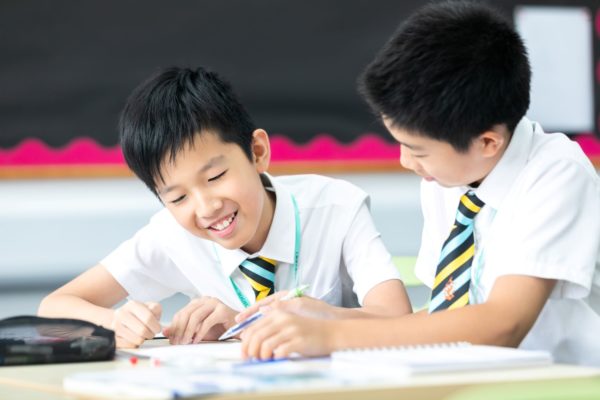
At Huili, we want the pupils in our care to become successful, resilient adults. Success should not only be limited to academic and professional fields, but also how they can manage their relationships with other people while promoting their own sense of physical, mental and emotional wellbeing.This is an essential part of delivering a truly holistic education and I truly believe that it gives each child the best chance to thrive both at school and in whatever they choose to pursue afterwards.
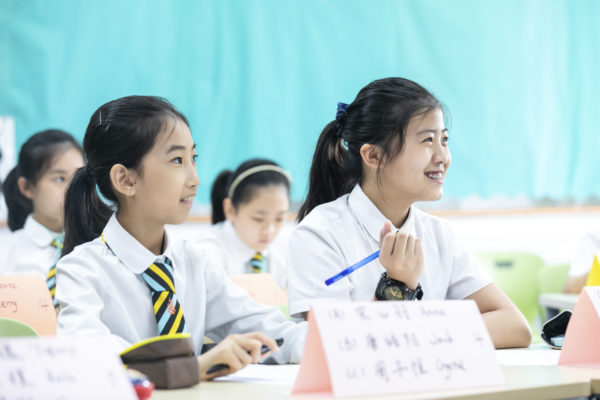
Drawing encouragement from Huili’s first year
Now that Huili has been open a full academic year, I can say how impressed I was last year by our pupils and their eagerness to take on wellbeing lessons.The majority did not have prior experience of reflecting on their own learning and character, but this did not stop them from approaching the concept of wellbeing studies with openness and a desire to explore themselves emotionally.Almost without exception, they quickly engaged with the topics and before long they were making astute observations about their own strengths and weaknesses, demonstrating an appetite for further self-reflection.
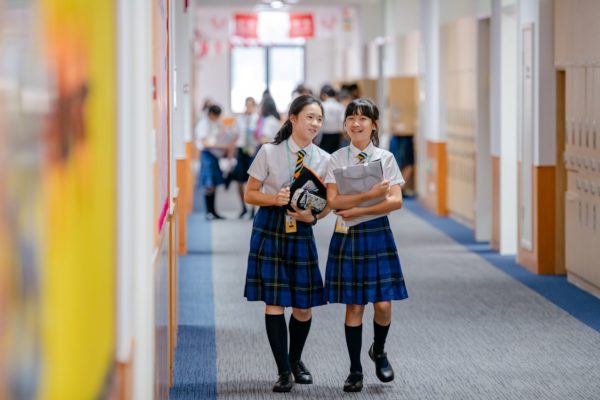
I find it very encouraging that our pupils took to wellbeing studies so well and so quickly, and this general enthusiasm will no doubt be helpful in acclimatising our new intake of pupils this year.As we have nearly doubled in size, our newer pupils will be looking for support from their peers as well as their teachers, especially with lessons that are unfamiliar to them. I am entirely confident that our returning pupils will be happy to give that support.
The focus for wellbeing this year
This year I will be working closely with all the staff members, tutors, housemasters and class teachers to develop the junior high school’s curriculum in a way that best meets the needs of its pupils by creating quality wellbeing lessons that challenge and inspire them.If last year showed me anything, it is that our pupils already possess high levels of maturity for their age. They are ready to reflect on themselves and on the nature of their learning, so we must push them by moving beyond the basics and drilling down into the core of what it means to maintain a thorough understanding of wellbeing while actively practising it every day.The four main units of wellbeing that the pupils in grades 6-8 will study are as follows:
- Character development and building relationships
- Physical and mental health
- Local, national and global citizenship
- Meaning and purpose
Together, these units represent an opportunity to teach pupils very important life skills and considerations that they will not get from their subject classes alone.From balancing everyday needs such as healthy eating and sleeping habits, to exploring the importance of different kinds of relationships and life goals, our pupils will gain a much wider and firmer understanding of how to lead a balanced, fulfilling life as they grow and develop.Our other main focus for this year is to connect wellbeing to our overall pastoral care efforts through elements like the house system and pupil mentoring.Each junior high pupil will have individual one-to-one mentoring sessions twice a month with their tutor. These sessions will be ideal opportunities for pupils to reflect on their wellbeing learning and to discuss future goals and strategies.
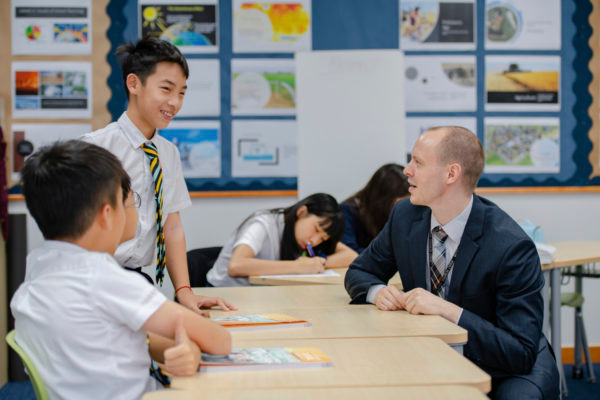
Essentially, we want to give our pupils more time to reflect and discuss the very important topics that they are exploring, to emphasise the point that personal wellbeing is something that they need to continually evaluate and work on themselves.
Looking ahead
I am already extremely excited to see how our Huili pupils will respond to these opportunities for reflectionand self-improvement. Having witnessed their efforts last year, I am confident that they will approach the subject materials with their customary enthusiasm, curiosity and diligence.Another reason that gives me confidence is the knowledge that our fantastic Huili parents will be there to support our efforts. Parents remain our essential partners, as they can work with us and support the wellbeing curriculum at home in a number of different ways.
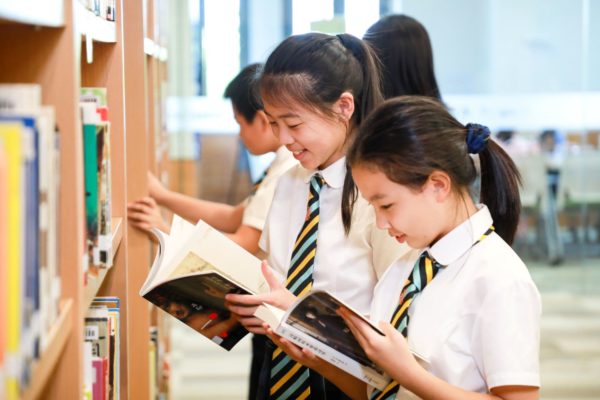
Throughout the year, I want to ensure that our parents are always made fully aware of the progression of their children’s wellbeing studies so they can support it at home.To that end, parents will be continually kept up to date on the wellbeing topics and overall unit objectives that their children are currently addressing; we will be seeking out new ways to work together to promote wellbeing both at home and school.I look forward to having many insightful discussions about wellbeing with Huili pupils, parents and staff as the year progresses.

